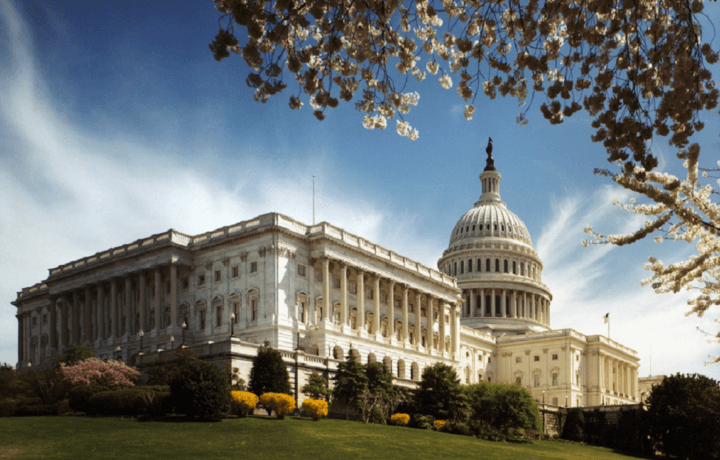There are a number of instances when the federal government restricts recruiting initiatives. The most prevalent cause is due to the inability of Congress to pass timely funding legislation and resort to short-term continuing resolutions. Continuing resolutions are intended to provide basic agency funding with no frills: travel is restricted, some meetings are canceled, and program launches could be delayed until full funding is restored. Most elective functions cease.
Expect the Unexpected with Hiring
Executive Orders, reorganizations, consolidations, and intentionally deferred hiring also evoke hiring freezes. But this shouldn’t dissuade you from seeking employment because agencies still hire during these austere times! Recruiting restrictions and limitations are the norm, not the exception for corporations and government organizations as operational needs change. Expect the unexpected.
I recruited for the Federal Aviation Administration (FAA) for many years; often times during an agency or government-wide hiring freeze. Opportunities still exist for critical positions. In the FAA we have many essential skill sets, from system specialists and air traffic controllers to engineers and pilots. We couldn’t certify our systems without essential specialists required to maintain the National Airspace System (NAS) or the air traffic controllers to safely manage enroute and terminal air traffic. All agencies have similar critical staffing requirements.
REORGANIZATIONS AND WORKFORCE RESHAPING EFFORTS
Reorganizations and workforce reshaping efforts require agencies to limit recruiting until they are able to reallocate resources and reposition or reduce staffing where needed.
During workforce reshaping efforts, agencies have discretionary authority to provide additional compensation and leave benefits to support their employee recruitment, relocation, and retention efforts. According to OPM, “it is possible to pay a retention incentive if the employee is likely to leave for a different Federal position or to leave the Federal service.”
Reorganizations are common throughout government; most employees obtain similar positions or are offered early retirement through the Voluntary Early Retirement Authority (VERA) program. Few are subject to a Reduction in Force (RIF), equivalent to a layoff in the private sector. Early retirements can provide stepping stones to a new career elsewhere. Many companies actively recruit talented federal employees and annuitants.
DEFERRED RECRuiTING
Agencies often initiate internal recruitment restrictions for operational needs that aren’t publicly announced.
The vast majority of an agency’s budget is relegated to Personnel, Compensation, Benefits, and Travel (PCB&T). Many agencies defer recruiting to use the money saved for other operational needs. These funds, originally allocated for authorized staffing levels, pay for training, supplies, equipment and other essential needs.
Field managers receive authorization to recruit for these vacant positions in late August or early September. The federal government’s fiscal year ends September 30. This recruiting anomaly creates significant advantages for those seeking federal employment. Agencies have to fast track recruiting to fill these positions or risk losing the staffing authorization the following year.
If you are seeking a federal position, check daily for vacancies. Job announcements are advertised for a week or less during these times.
Federal managers often maintain lists of qualified applicants that reached out to them previously. Send a copy of your resume with a cover letter explaining your interests to the manager of the unit you are targeting. A smart manager keeps an active file of candidates for times like this.
If you meet the basic requirements for a vacant position you may end up being at the right place at just the right time to receive an employment offer. Before accepting an offer be aware that you may be able to negotiate your starting salary under certain conditions. This must be done before you officially accept the position.
Working the Hiring Freeze to Your Advantage
When a hiring freeze is announced, many go elsewhere and abandon their federal job search. Those who persevere push on even when the odds seem against them. During a freeze, the pool of applicants shrinks – which can be to your benefit. Even though appointments offered may be limited, such as not to exceed a year or two years, when the freeze ends, those same positions can be converted to permanent full time.




